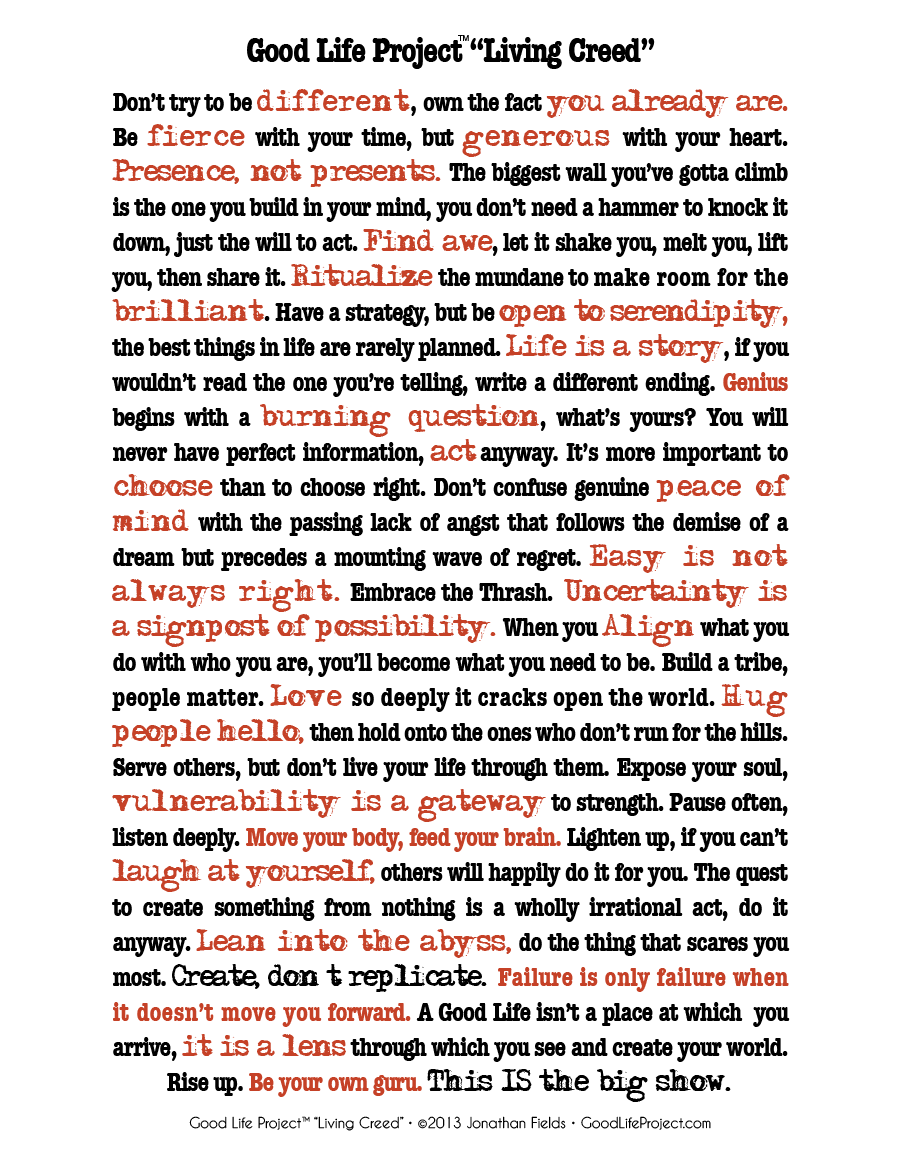How to Be Mindful in an 'Unmanageable' World
It seemed fitting to me that Arianna described the challenges so many of us face in our work — and in our lives more broadly — by using the language of addiction. Her words rang especially true because I happen in the midst of reading a book by Bryan Robinson titled "Chained to the Desk: A Guidebook for Workaholics."
The addiction of our times is digital connection, instant gratification, and the cheap adrenalin high of constant busyness. The heartening news is that more and more leaders in big companies are beginning to recognize the insidious costs of moving so relentlessly and at such high speeds.
Wisdom 2.0 focused on technology — a primary driver of the increasing unmanageability of our lives. The conference was launched three years ago as a meeting between people from the meditation community and the tech world in Silicon Valley to discuss how to use technology more wisely.
Paradoxically, the most important solution I heard is to use technology less frequently, and more intentionally. Or, as Sherry Turkle, a professor at MIT, put it in her talk: "There need to be places in our lives and in our organizations that are device-free zones."
Just below the surface of our shared compulsion to do ever more, ever faster, is a deep hunger to do less, more slowly. I saw proof of that a couple of weeks ago, when I wrote an article for The New York Times titled "Relax! You'll Be More Productive." It focused on the growing scientific evidence that when we build in more time for sleep, naps, breaks, and vacations, we become not just healthier and happier, but also more productive. The piece prompted an avalanche of response, much of it poignantly describing the sense of overwhelm people are feeling at work.
The search to find ways to deal with these issues was evident at Wisdom 2.0. Padmasree Warrior, the chief technology and strategy officer at Cisco, described in compelling detail the behaviors she's built into her life to take her out of rapid-fire analytical, "doing" mode. She meditates for 20 minutes every day. On the weekends, she paints and takes photographs. Even when she tweets, she often does so in haikus — as a way to put herself in a more creative mode.
Jeff Weiner, the CEO of LinkedIn, talked about how compassion has become a centerpiece of his management style. More specifically, he described how compassion requires slowing down and taking the time to truly listen to others. It means understanding where they're coming from, caring about the struggles they're facing, and the baggage they're carrying.
Bill Ford, the executive chairman of Ford Motor Company, talked about the harrowing experience he went through when Ford nearly declared bankruptcy several years ago. Taking time to meditate each day was critical. "The practice of mindfulness kept me going during the darkest days," he said. He also took time each morning to "set an intention" to deal with whatever arose that day with a sense of compassion and kindness.
In my own life, I've found that both my productivity and my sense of well-being depend more than ever on building more time into the day to renew, reflect, and connect with others. Two such experiences at Wisdom 2.0 had to do with taking time to get away from the activity of the conference itself. The first was wandering over to a chill out room sponsored by Google, lying down on a mat next to several others doing the same thing, and taking a nap. When I got up 45 minutes later, I felt refreshed and able to fully reengage in the conference.
My second revelatory experience was a lunch I shared with two new friends who were also attending the conference. We ended up spending more than two hours together, free of digital interruptions, just talking, reflecting, laughing, and hanging out. How often do most of us take the time to truly connect with work colleagues — much less friends — and how much richer are we for it when we do return to our work?
Speed, distraction, and instant gratification are the enemies of nearly everything that matters most in our lives. Creating long-term value — for ourselves and for others — requires more authentic connection, reflection, and the courage to delay immediate gratification. That's wisdom in action.
